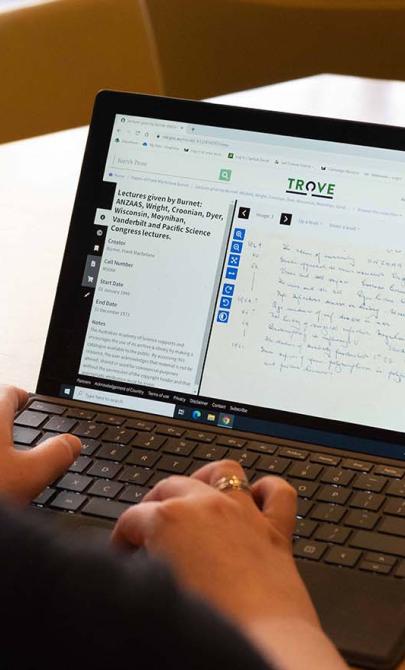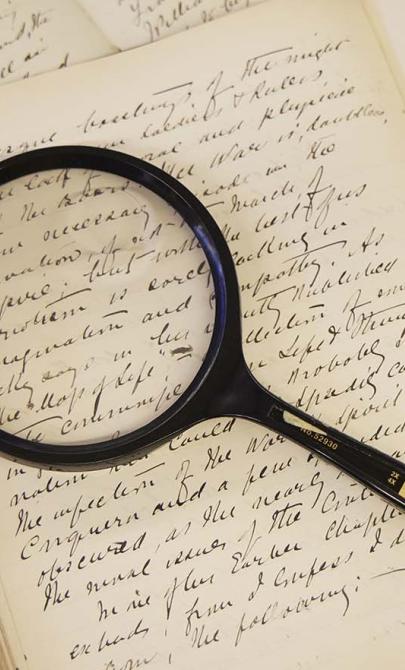Voyages of discovery
From conquest to curiosity
For centuries, explorers were funded by governments and private investors to venture into unknown parts of the world. Many of these expeditions were motivated by the pursuit of profit, resources, and strategic advantage. Some aimed to secure new trade routes or military positions, while others sought to spread religious influence.
During the Enlightenment, exploration increasingly became a scientific endeavour. Voyages were not only about discovering new lands—they were also about learning from them.
Scientific progress and safer travel
By the 18th century, sea travel had become safer and more efficient due to:
- Advances in navigation and cartography
- Improved understanding of disease prevention, such as scurvy
- Better ship design and provisioning
This allowed ships to sail further, faster and with reduced morbidity and mortality of its crew.
Every innovation whatever, tho ever so much to their advantage, is sure to meet the highest disapprobation from Seamen … It has, however, in a great measure been owing to such little innovations that I have always kept my people … free from that dreadful distemper of Scurvy
A race for knowledge
Between 1765 and 1795, the major European powers—Britain, France, Russia and Spain—launched more than 20 scientific voyages. These expeditions were part of a broader intellectual competition to chart and understand the world.
Selected European voyages of discovery 1765-1795
- 1764-66 : HMS Dolphin
- 1766-68 : HMS Dolphin and HMS Swallow
- 1766 : HMS Niger
- 1766-69 : La Boudeuse and L'Étoile
- 1768-71 : HMS Endeavour*
- 1771-72 : Isle de France and Le Nécessaire
- 1772 : Sir Lawrence
- 1772-75 : HMS Resolution and HMS Adventure*
- 1771-72 : La Fortune and Le Gros-Ventre
- 1773-74 : Le Roland and L'Oiseau
- 1773-74: HMS Racehorse and HMS Carcass
- 1776-80: HMS Resolution and HMS Discovery*
- 1785-88: La Boussole and L'Astrolabe
- 1785-88 HMS King George
- 1785-94: Slava Rossii
- 1790-91: La Solide
- 1789-94: Descubierta and Atrevida
- 1791-94: La Recherche and L'Espérance
- 1791-93: HMS Providence
- 1791-95: HMS Discovery and HMS Chatham
* Denotes voyages led by Captain James Cook
To prevent them being intercepted by international rivals, on returning to England in 1771 Captain Cook was urged to:
Send to our Secretary, for our information, accounts of your Proceedings, and Copys of the Surveys and drawings you shall have made. And upon your Arrival in England you are immediately to repair to this Office in order to lay before us a full account of your Proceedings in the whole Course of your Voyage, taking care before you leave the Vessel to demand from the Officers and Petty Officers the Log Books and Journals they may have Kept, and to seal them up for our inspection, and enjoyning them, and the whole Crew, not to divulge where they have been until they shall have Permission so to do.
Scientific impact
Many Enlightenment-era voyages included:
- Scientists
- Doctors
- Cartographers
- Naturalists
- Botanists
These experts conducted meteorological, hydrological and geographical observations. They collected specimens of flora and fauna, contributing to major advances in:
- Botany
- Conchology
- Geology
- Ichthyology
- Medicine
- Meteorology
- Mineralogy
- Oceanography
- Physics
- Taxonomy
- Zoology








